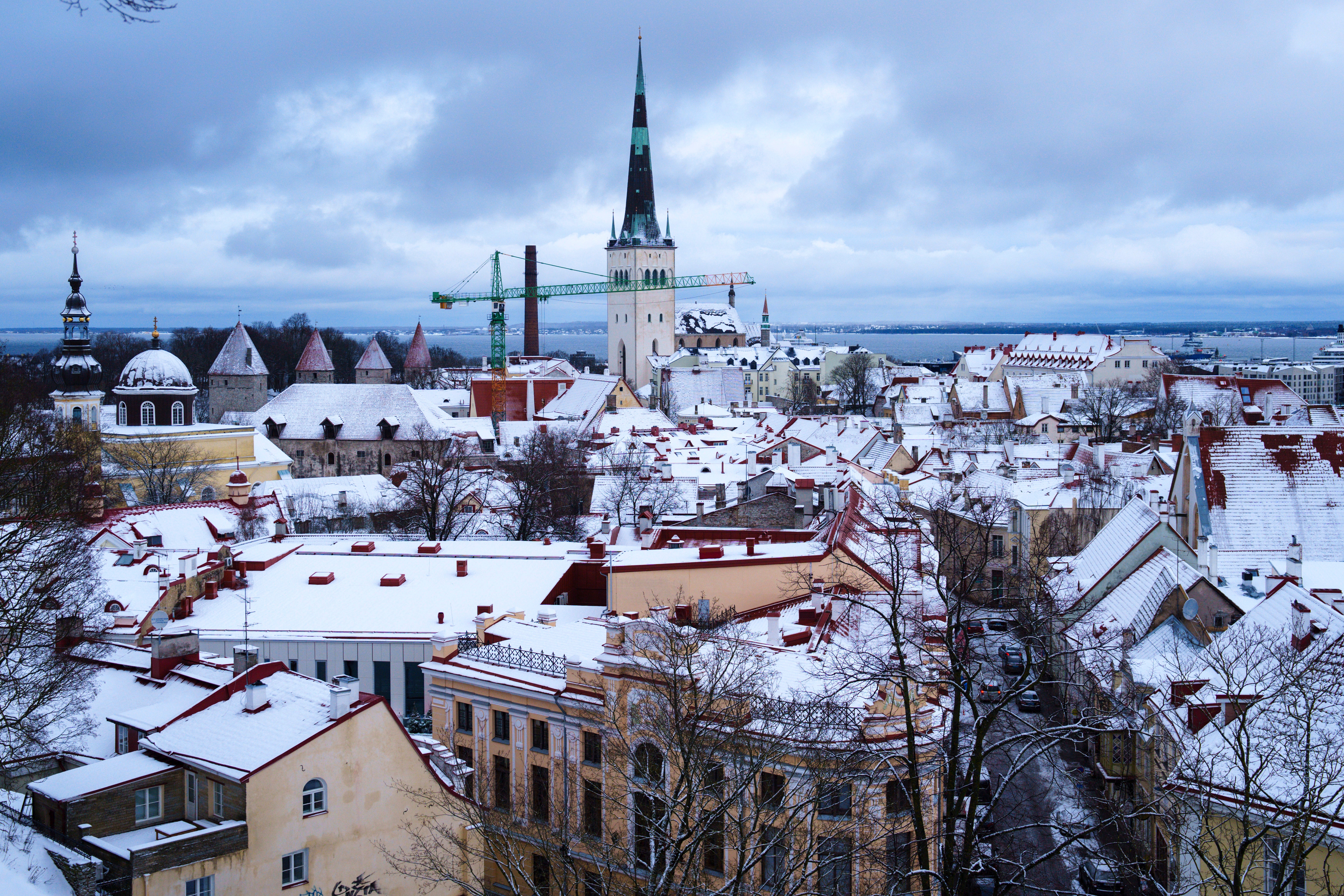Estonia detains 10 people suspected of committing sabotage on orders from Russia
Estonia’s domestic security agency says it has detained 10 people on suspicion of sabotage, spreading fear and creating tension as part of a coordinated “hybrid operation” by Russia’s special services

Estonia’s domestic security agency said on Tuesday that it had apprehended 10 people suspected of sabotage and of spreading fear and creating tension within the Baltic country in a coordinated “hybrid operation” by Russia’s special services.
Among the suspects — detained between December and February — are individuals believed to have broken the car windows of Interior Minister Lauri Läänemets and a local journalist in December, the Estonian Internal Security Service said.
“The information currently collected in criminal proceedings indicate that the Russian special service had coordinated a hybrid operation against the security of the Republic of Estonia, involving the suspects that have been detained,” it said. “To the knowledge of the Estonian Internal Security Service, its aim was to spread fear and create tension in Estonian society.”
Estonia’s relations to neighboring Russia have remained icy ever since its independence in 1991. As a legacy of the Soviet Union, the country of 1.3 million, which is now a member of NATO and the European Union, has a sizable ethnic Russian minority.
According to State Prosecutor Triinu Olev, the suspects have been detained pending the results of an investigation into criminal proceedings.
Security officials said the suspects held a variety of roles in Estonia, depending on instructions from their Russian handlers. Some of them focused on collecting information, while others planned attacks that were also carried out, officials said.
The head of the Estonian security service, Margo Palloson, said that some of the suspects who are believed to have vandalized undisclosed memorials were recruited through social media.
“As procedural acts are currently being carried out to verify the suspicion and ascertain important facts, it is not possible to discuss these incidents in further detail,” the security agency said.
Moscow has maintained high interest in the internal affairs of Estonia and its Baltic neighbors Latvia and Lithuania, particularly on security and military matters after all three countries joined NATO and the EU in 2004.